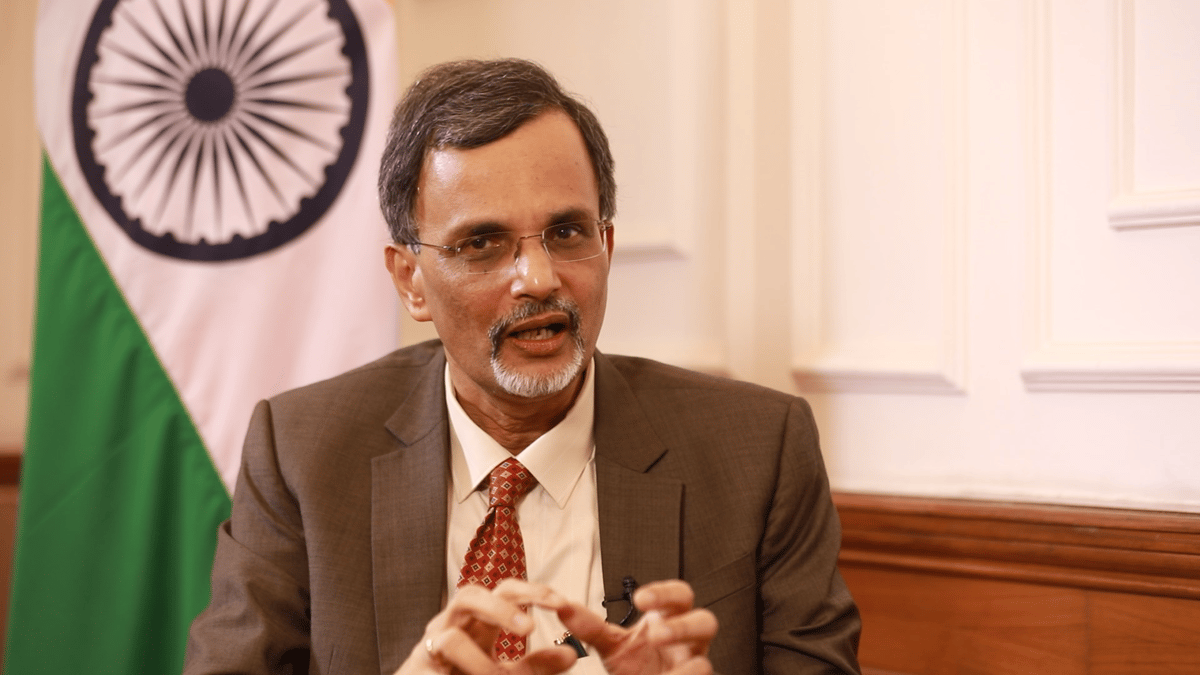India–US Trade Tensions Rise Over Steel and Auto Tariffs NMDC Limited reports a 38% drop in Q4 FY24 consolidated net profit RINL to Raise $23 Million Through Land Sales Amid Crisis

Chief Economic Adviser V Anantha Nageswaran on Thursday said measures like the Carbon Border Adjustment Mechanism (CBAM), taken by developed nations to combat climate change, are unfair towards developing economies. The European Union has decided to impose carbon tax (CBAM) on products from certain sectors like steel, and cement from countries like India and China.
The carbon tax will come into effect from January 1, 2026. During the trial period, which started on October 1, 2023, companies from seven carbon-intensive sectors, including steel, cement, fertiliser, aluminium and hydrocarbon products, have to share emissions data with the EU.
"By taking actions against climate change, developing countries are also ensuring lives and properties of the people and businesses in the developed world...if so, what is the premium they are getting in return for taking action on their part to ensure the economic activity in the developed world?" Nageswaran wondered.
"Obviously, the kind of premium that the developed world is contemplating paying to the developing world cannot be Carbon Border Adjustment Mechanism. It has to be something more positive than that," he said at the Regional Workshop on Climate Finance organised jointly by the Department of Economic Affairs and the Asian Development Bank.
The carbon tax by the EU may affect the profitability of Indian exporters as Europe is among the top import destinations for India.
The country's total trade with the EU was $134.71 billion in 2022-23, with imports worth $59.87 billion and exports at $74.84 billion.
From developing countries' perspective, he said, the best insurance against climate change is continued economic growth.
The world faces a recurring set of hazards, including climate change, that repeatedly put its people and businesses at high risk of lost assets, health, livelihoods, or even lives.
Countries often fail to tap well-proven financial coping mechanisms, such as insurance schemes, that could boost resilience against such hazards.
Governments and the most vulnerable thus repeatedly and often alone bear the unpredictable and onerous costs of disaster, contributing to financial instability, as per the background note prepared for the workshop.
In 2022, global economic losses from disasters due to natural hazards amounted to $275 billion. At $125 billion, insured losses covered 45% of the damage, it said.
Over the past decade, annual global insured catastrophe losses accounted for an average of $100 billion peaking in 2017 with a payout of more than $154 billion, it added.
Also Read : India considers proposal mandating premium and high-end car manufacturers to use 'green steel' Metinvest Supplies 1,000 Tonnes of Steel for Everton's New Stadium in Liverpool